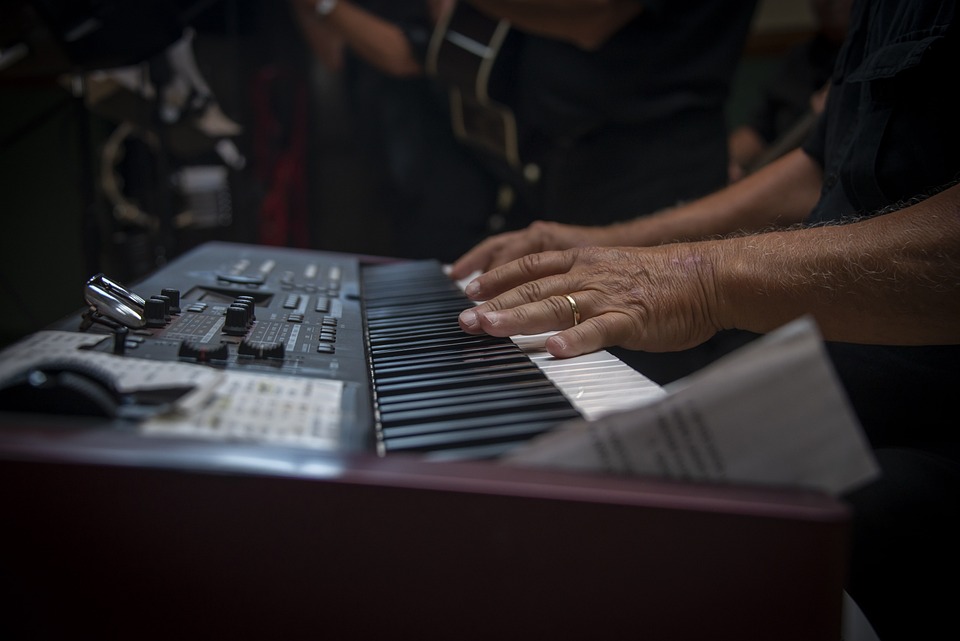
Master Simple Chords: A Beginner’s Guitar Guide
When it comes to learning the guitar, mastering the basics is crucial. Whether you are a beginner or have been playing for some time, having a good understanding of simple chords is essential to becoming a proficient guitarist. In this article, we will explore some of the most important simple chords that every guitarist should know, and how to play them.
The Importance of Simple Chords
Simple chords are the building blocks of many songs and are often the first things that a new guitarist learns. While they may seem basic, mastering simple chords is essential to being able to play a wide variety of music. Once you have a good understanding of simple chords, you will be able to play countless songs and have the foundation to build upon with more advanced techniques.
Common Simple Chords
There are several simple chords that are essential for every guitarist to know. These chords form the basis of many songs and are used in a wide range of musical styles. Some of the most common simple chords include:
C Major
The C major chord is one of the most basic and popular chords on the guitar. To play the C major chord, place your ring finger on the third fret of the fifth string, your middle finger on the second fret of the fourth string, and your index finger on the first fret of the second string. Strum the bottom five strings, and you will have a beautiful, full C major chord.
G Major
The G major chord is another essential chord for every guitarist. To play the G major chord, place your ring finger on the third fret of the sixth string, your middle finger on the second fret of the fifth string, and your pinky finger on the third fret of the first string. Strum all six strings, and you will have a powerful and versatile G major chord.
D Major
The D major chord is a versatile and beautiful chord that is essential for every guitarist to know. To play the D major chord, place your index finger on the second fret of the third string, your ring finger on the third fret of the second string, and your middle finger on the second fret of the first string. Strum the bottom four strings, and you will have a rich and full D major chord.
E Major
The E major chord is a fundamental chord that is used in countless songs. To play the E major chord, place your middle finger on the second fret of the fifth string, your ring finger on the second fret of the fourth string, and your index finger on the first fret of the third string. Strum all six strings, and you will have a bright and powerful E major chord.
How to Practice Simple Chords
Practicing simple chords is essential for every guitarist. Here are some tips for mastering simple chords:
Start Slow
When learning simple chords, it is essential to start slow. Take your time to place your fingers in the correct position and strum each string individually to ensure that each note sounds clear and crisp. As you become more comfortable, you can gradually increase your speed.
Use a Metronome
Using a metronome is an excellent way to practice simple chords. Set the metronome to a slow tempo and strum each chord in time with the clicks. As you become more proficient, you can increase the tempo to challenge yourself.
Practice Transitions
Transitioning between chords is a crucial skill for every guitarist. Practice transitioning between different simple chords until you can do so smoothly and effortlessly. This will make playing songs much easier and more enjoyable.
Common Mistakes to Avoid
When learning simple chords, there are several common mistakes that every guitarist should be aware of:
Incorrect Finger Placement
One of the most common mistakes when playing simple chords is incorrect finger placement. Make sure that each finger is placed in the correct position and that you are pressing down on the strings firmly to produce a clear sound.
Muted or Buzzing Strings
If you hear muted or buzzing strings when playing simple chords, it is likely that you are not pressing down on the strings hard enough. Make sure to apply enough pressure to produce a clear and full sound.
Tension in your Hands
Tension in your hands can make playing simple chords more difficult. Make sure to relax your hands and wrists, and take breaks if you feel any discomfort. Relaxing your hands will make playing simple chords much easier and more enjoyable.
Conclusion
Mastering simple chords is essential for every guitarist. Whether you are a beginner or have been playing for some time, having a good understanding of simple chords is crucial to becoming a proficient guitarist. By practicing simple chords and avoiding common mistakes, you will be well on your way to becoming a skilled and versatile guitarist. So, start practicing those simple chords and watch your guitar playing skills improve!
[ad_2]
